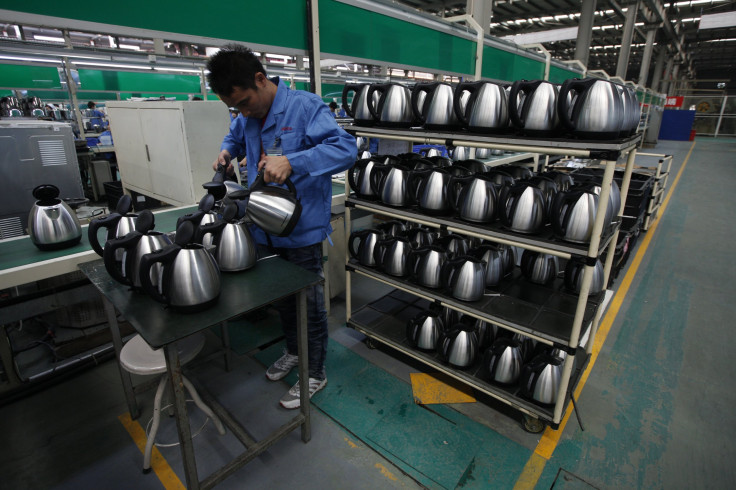Russia Accuses China Of Spying Via Imported Tea Kettles And Irons

China has been accused of spying many times in the past, but Russia’s claims of Chinese espionage using household items are a first. Russian authorities are claiming that some water-boiling kettles imported from China are bugged, and use unsecured Wi-Fi networks nearby to send data back to Chinese servers.
According to a report in the South China Morning Post, the St. Petersburg news agency Rosbalt last week reported the alleged Trojan horse kettle, coming at the height of global government surveillance paranoia. The report said that local authorities examined a batch of kettles and irons that were imported from China and found microchips in about 20 to 30 of the appliances that “send some data to the foreign server.”
U.K. publication The Register translated the original Russian article and found that the report seems legitimate, explaining the plausibility of the "spy chip" technology. The publication also delves into what made a batch of household appliances suspect for inspection by Russian authorities, suggesting that overweight freight readings alerted officials to possible tampering.
Chinese authorities have yet to respond to the allegations, but even if the appliances are in fact meant for espionage, Russia may be just as guilty as China. In a very literal case of the pot calling the kettle black, an Italian newspaper reported that a gift bag filled with bugged gadgets was given to a group of world leaders at the September Group of 20 Summit in Russia. According to the report in Il Corriere della Sera, the president of the European Council, Herman Van Rompuy, ordered an investigation into the gift bags that were given to various global dignitaries and included phone chargers and USB removable drives, and found that the devices were “suitable for undercover detection of computer data and mobile phones.”
While the teakettle allegations are not confirmed, China’s reputation for snooping is likely what raised questions initially. According to research by Akamai Technologies (NASDAQ:AKAM), a digital technology platform developer, China accounted for 33 percent of cyberattack traffic around the world during the third quarter of 2012, whereas Russia accounted for 4.7 percent that same quarter.
© Copyright IBTimes 2024. All rights reserved.






















